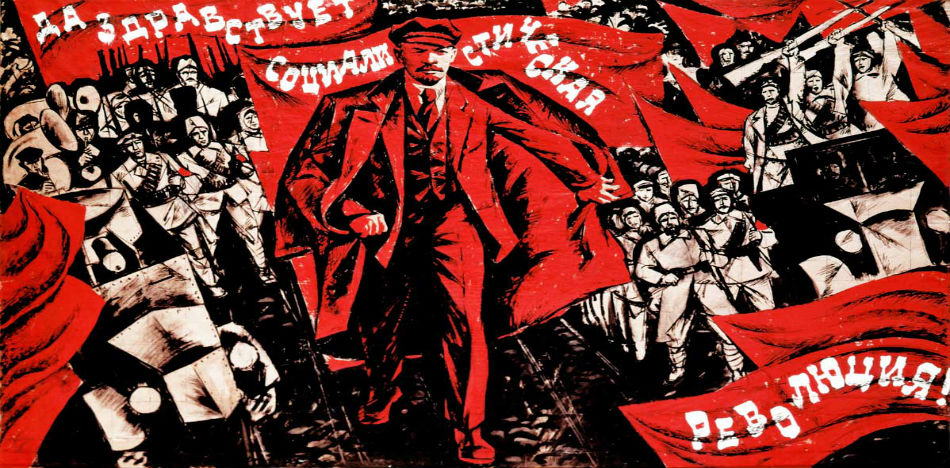
EspañolTwo news items, very different from each other, highlight the unquestionable failure of socialism: the cruel repression by Venezuela President Nicolás Maduro and the result of the French elections.
Venezuelan socialism is a self-deprecating expression of extreme socialist ideas, the type of Marxism that, when applied for the first time in Russia just 100 years ago, called itself communism. The French, on the other hand, like most Europeans, showed last Sunday they no longer have faith in the other variant of socialism, the “light” or moderate form that in many countries has been called Social Democracy or Democratic Socialism.
Both ideologies coincide on a fundamental point: their rejection of capitalism and the free market economy that give everyone the right to produce and consume according to their needs.
Some, like communists, want to eliminate it completely, while others want to control it and reduce it to its minimum expression.
Venezuelan socialists have shown that they have the same totalitarian calling as their Soviet and Chinese predecessors as well as their Cuban counterparts. Not only have they sunk a rich oil nation into poverty, they have also shown that their alleged democracy is a farce, for they do not hesitate to brutally repress their people when they protest.
The Venezuelan dictatorship’s constant aggression toward private property has created an economy incapable of sustaining itself or of offering the goods that people need. Scarcity, inflation and unemployment are the direct consequences of this way of governing, and it leads to repression and dictatorship when citizens try to rise against it.
Faced with this totalitarian form of understanding socialism, a different, democratic and less extreme version of it has sprouted in Europe and the United States. For decades, Social Democrats have been the main political party in Europe and have shaped the societies of almost all their countries, while in the United States, the Democratic Party has been promoting and implementing similar policies since the 1930s. But now the political landscape has changed.
- Read More: Chavista Paramilitary Violence Leaves Three Dead in Venezuela
- Read More: FARC Guerrilla Throws Full Support behind Venezuela Dictatorship
The Socialist Party of France took just 6.2 percent of the vote and fifth place. Meanwhile, English Laborer supporters are undergoing an internal crisis of deep character, the Spanish socialists struggle to maintain second place and something similar is going on in Germany and Scandinavia. Parties of the populist right, extreme left and even some liberals are rising against socialism in all its forms. The left have done worse in all the most recent free elections carried out in Latin America, with no signs of greater influence in Asia or Africa.
Socialists created a model of government that, based on very high taxes, intended to transfer the wealth of those who have more toward those who have the least. They tried to accomplish this by creating the so-called welfare state, in which health, education, pensions and sometimes even housing became benefits offered by the government.
Markets were regulated in a thousand different ways and controls were imposed on production. This model of government prevails today in Europe and, to a large extent, in the United States, but such intervention in society reveals its limitations over time. The size and expenditure of governments has been growing, resulting in colossal debt and severe economic crises that have been increasingly ineffective in providing the services they promise to offer, and undermine the rights and values of a free society.
I am not so naive as to believe that voters today understand that the welfare state is a failed experiment. But the discomfort felt is obvious when looking at the negative consequences of immense, ineffective and exploitive governments. It explains why moderate socialists are suffering heavy losses in elections across the world.
Not that this will automatically fix all the problems they will inherit. It’s safe to say the only basic solution is to recover individual freedoms, accept the need for a free economy and substantially reduce the functions and extent of the state. Not just in Europe, but all over the world.
 Versión Español
Versión Español












